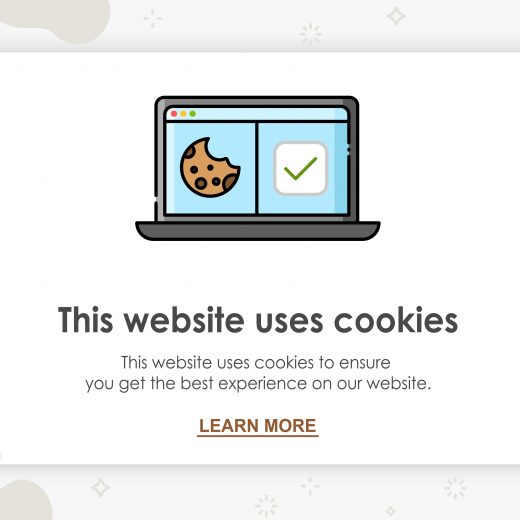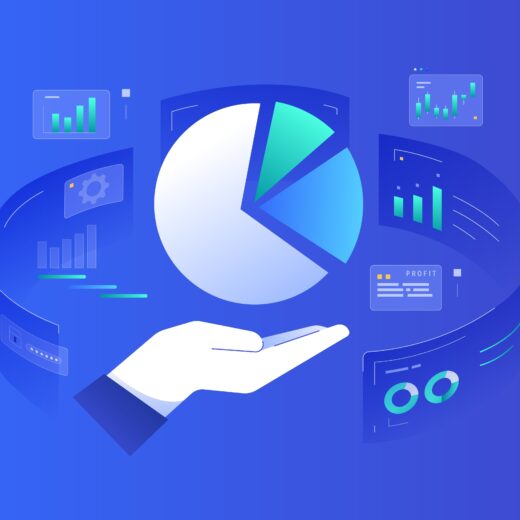What Will Happen When Google Stops Using Cookies?

By the end of 2024, Google will cease using third-party cookies in Chrome. This is based on the rising trend of other competing browsers, like Safari and Firefox, who are keen to ditch the tracking tool altogether.
Google has tried to remove cookies a few times in the past. In June 2021 Google had announced they would be removing cookies and using a different form of software to replace it.
A lot of businesses are going to be worried about what this will mean for their future marketing efforts. How will they be able to display personalised ads to their customers, or track where customers could have come from on your website?
It’s a tricky grey area for a lot of businesses and marketers, but there are alternatives to explore. This is the time to research them and see what alternatives could work for you.
The different kinds of cookies
It’s important to note that this does not mean the end of third-party cookies as we know it. The use of third-party cookies is not the only way we can track our customers. And there are always going to be tools that block third-party cookies as well – there should be the option for users to protect their privacy online after all.
There are a number of different cookies or tracking tools to help you with your understanding of your audience.
The first of these is first-party cookies. These are cookies that are directly stored from your website. It also allows you to track analytics data, find how people interact with your website and how you can improve user experience on your site. It’s often revered as the best way to collect data on users as opposed to third-party cookies.
You could also look into contextual marketing. This involves ads that are more likely to match the content found on a website as opposed to ads that are making an assumption based on your browsing history. For example, for someone looking for brown coats may get ads served to them that offer discounted brown shoes to match the coat.
The law, and how privacy is being treated
When GDPR hit websites in the EU a lot of companies were swift to change their website preferences as a result. This meant there was a lot more focus on the user consenting to preferences instead.
This is still the case, and when third-party cookies cease to exist in 18 months’ time we’ll see a big shift into using data from outlets instead.
Google’s Consent Mode is testament to this change. There’s a lot more available for mobile users through this feature that will help users navigate the internet without as much tracking from the past.
A lot of the reason why third-party data was popular was down to how much data can be sold and reused by some of your favourite businesses. Now that culture will ultimately change.
How will the cookie crumble now?
It does mean your marketing methods will have to change now, but it does also mean that you will have a lot more control with what data you can use and how it will help your future SEO campaigns.
It does mean that advertisers will not be able to utilise the tools they loved to have from the past. This will undoubtedly throw a spanner in the works when it comes to building PPC or social media campaigns. But it doesn’t mean that the way advertising works is over.
There are already many different solutions in place, with new technologies being tried and tested as we speak. There’s also a fair chunk of time before these changes come into effect. And while Chrome is the most used browser it’s still behind other browsers that have already disabled third-party cookies.
All we can do is learn to keep an eye on the evolving trends in this area and see what can help advertisers after 2024. What do you think could happen?








